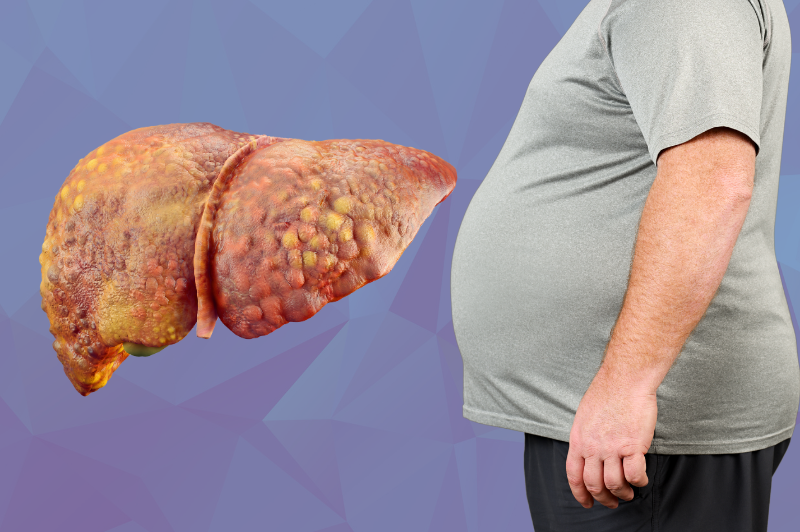BUZUD Unveils AI-Driven Continuous Glucose Monitoring At 3rd Borneo Diabetes Conference
A new era of diabetes care is taking shape in Southeast Asia. At the 3rd Borneo Diabetes Conference—graced by YB Datuk Sebastian Ting Chiew Yew, Deputy Minister of Tourism, Creative Industry and Performing Arts Sarawak, and Dr. Amit Gupta, Chair of the International Diabetes Federation (IDF) School of Diabetes—BUZUD debut its Singapore-engineered, AI-driven Continuous Glucose Monitoring (CGM) 2.0 system. This landmark event signifies not only a major leap in innovative...
Diabetes and Vision: The Silent, Irreversible Threat You Can’t Afford to Ignore
When most people think about diabetes, they often worry about blood sugar levels, heart disease, or kidney problems. However, one of the most serious and permanent complications of diabetes is its effect on your eyes. Diabetic eye disease can lead to irreversible vision loss, and because it is not immediately life-threatening, it often does not get the attention it deserves. Yet, for those affected, losing sight can be devastating and...
The Bitter Truth: Why Diet Soda Isn’t as Safe for Diabetics as You Think
For decades, diet sodas have been the go-to beverage for those seeking a sweet fix without the sugar rush. Marketed as a healthier alternative to regular soft drinks, they’re especially popular among people with diabetes, who are often told that “sugar-free” means “safe.” But mounting scientific evidence is challenging this assumption, revealing that diet sodas may not only be unhelpful for diabetics—they could actually be harmful. The Promise of Diet...
The Diabetes Time Bomb in Singapore’s Youths
A major international review published in Diabetologia has sounded the alarm on the rising tide of diabetes among young people worldwide. Singapore, often seen as a model for public health, is not immune to this trend. In fact, the city-state faces a unique set of challenges as diabetes increasingly affects its youth, with early-life factors playing a decisive role in shaping lifelong risk. The Scale of the Problem in Singapore Diabetes is...
The Hidden Connection between Diabetes and Fatty Liver Disease
Diabetes and fatty liver disease are two of the most common chronic health conditions in Singapore, and their prevalence is rising rapidly. While they may seem like separate issues, research has shown a strong and complex link between the two. Understanding this connection is crucial for early intervention, better management, and the prevention of serious complications. What is Fatty Liver Disease? Fatty liver disease, also known as hepatic steatosis, occurs when excess...
Diagnosed Too Late: How Innovation Is Changing the Face of Diabetes Detection
Diabetes is often called a “silent disease” for good reason. In Singapore, a significant number of people are diagnosed with diabetes only after complications have set in—when damage to the eyes, kidneys, nerves, or heart has already begun. This late diagnosis not only makes management more difficult but also increases the risk of serious, lifelong health problems. However, with the advent of continuous glucose monitoring (CGM), including innovative solutions like...
High Blood Glucose: How It Triggers Serious Health Issues in Women
Diabetes is often called a “silent” disease, especially as its early symptoms can be subtle and easily mistaken for everyday stress, hormonal changes, or simply the effects of ageing. Yet, undiagnosed or poorly managed diabetes can have a profound impact on a woman’s health, affecting everything from heart and kidney function to fertility and mental wellbeing. The Scope of the Problem in Singapore Diabetes is a significant health concern in Singapore. While...
Type 5 Diabetes? Get to know this “new” type of diabetes!
Type 5 diabetes, recently recognised by the International Diabetes Federation (IDF), represents a pivotal shift in our understanding of diabetes classifications. Driven by childhood malnutrition rather than auto-immunity or obesity, it now accounts for millions of cases—mostly in South and South-East Asia as well as sub-Saharan Africa—yet remains largely under-diagnosed elsewhere. Type 5 diabetes differs fundamentally from other diabetes types. While all forms affect how the body processes glucose, type 5...
Going to Bed Hungry Can Be Dangerous—If You’re Diabetic!
For individuals with diabetes, managing blood sugar levels is a delicate balancing act that doesn’t stop when the day ends. Going to bed hungry may seem harmless, but it can lead to serious complications, especially for those on insulin or other blood sugar-lowering medications. Experts warn that sleeping on an empty stomach can cause unstable blood sugar levels during the night, potentially resulting in nocturnal hypoglycaemia—a condition that can have...
Diabetes Risk Can Surprisingly Be Lowered by Consuming This Sweet Food
It's a common belief that people with diabetes or those at risk should avoid sweet foods altogether. However, new research suggests that one of the sweetest fruits, mangoes, may actually help improve blood sugar regulation and reduce diabetes risk. Often celebrated for their tropical flavour, mangoes are now being recognised for their potential health benefits, according to a study published in the journal Nutrients. The study, conducted by the Illinois Institute...
- 1
- 2










